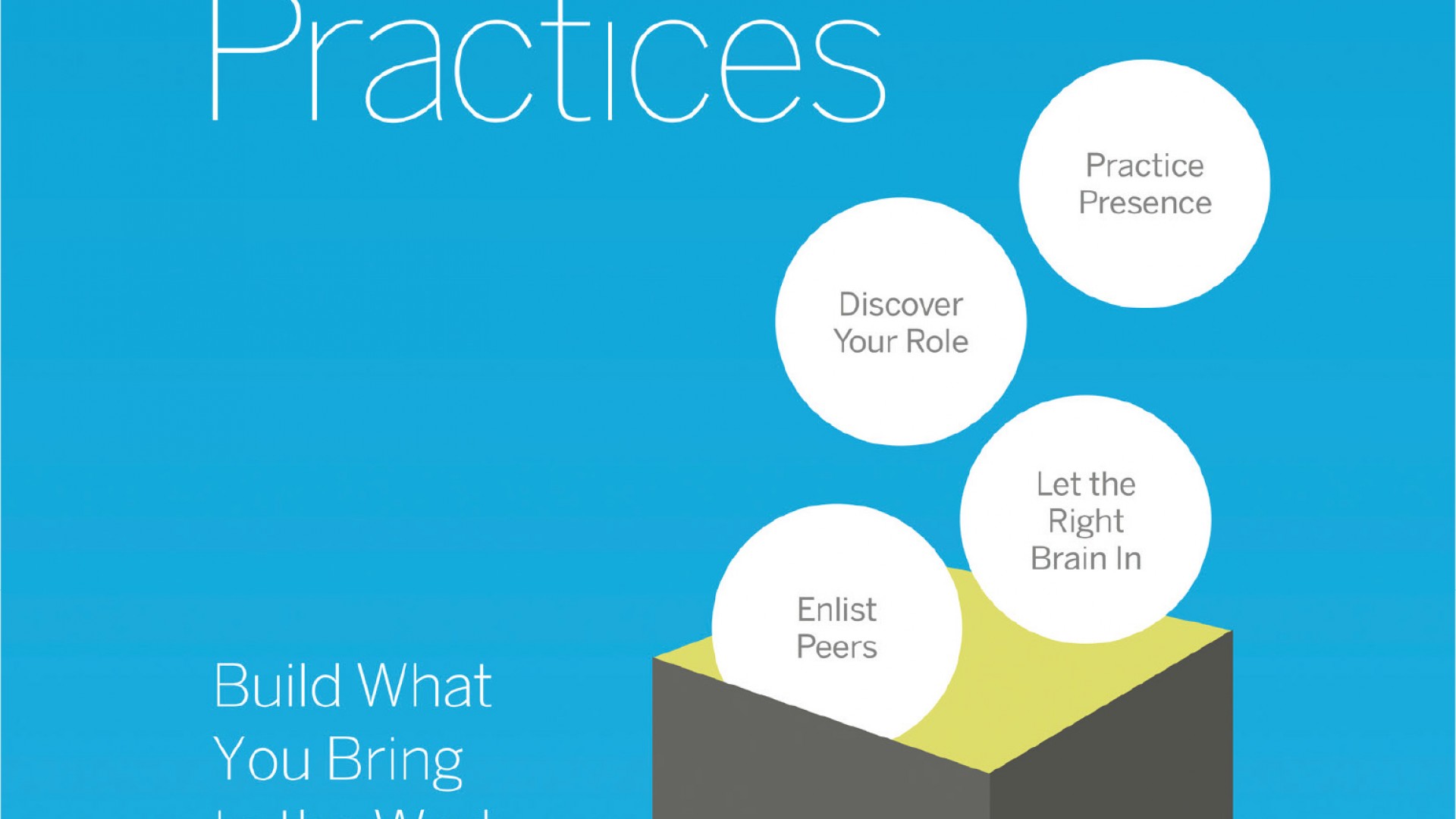
Last month, Philanthropy Northwest formally launched our Commitment to Diversity, Equity and Inclusion (DEI). This commitment is an important next step for our organization, particularly in this age of discord and reactive discourse, but also as our members’ interest in DEI continues to grow and we, at Philanthropy Northwest, deepen our own DEI conversations and programs.
While we firmly believe that philanthropy can play a key role in elevating DEI as an important function and component of society, we also recognize it as a journey—and that we won’t always get things right the first time.
DEI work is hard work. It can be challenging to live into such values. Sometimes, I wonder if the acronym stands for Difficult, Exhausting, and Intense because—like navigating whitewater rapids—the stakes are high, you get bounced around and the paddling is strenuous.
And yet, it’s more rewarding because of the effort we put in and the potential, impactful results we can achieve, as individuals and as organizations, if we get it right.
As I’ve previously discussed on the blog, exploring the biases that bind us can be messy and painful. But it’s also necessary because conversations on DEI can lead to accountability, learning and growth. They can also turn experiences of denial and suffering into the creation of knowledge and purpose. They can be transformative.
Although I’ve years of experience in DEI, I’m new to the sector and have been wrestling with the how of DEI work in philanthropy. In my role, how do you keep an open, flexible state of mind when faced with push back? How do I create conditions of trust and safety that enable people to participate in uncomfortable conversations? To help me with these questions, I’ve been turning to Philanthropy's Reflective Practices, a new DIY guide from our national consulting firm, The Giving Practice.
Reflective Practices have helped me deepen my practice of presence, including my ability to lean into a “consultative” rather “reactive” stance during challenging conversations or urgent moments of problem-solving. By staying curious, asking nonjudgmental questions and reframing the issues as learning opportunities, I’m helping myself and others to listen and partner. Developing reflective practices has helped me create connections in the midst of tension, rather than close down or become defensive. To intentionally turn toward, not away from conflict as a method for advancing our thinking and action.
But developing the muscle takes practice.
To get started, I encourage you to review our newly released DIY Guide on Philanthropy's Reflective Practice. In the guide, you will learn how Reflective Practices are helping your philanthropy peers advance ambitious and sometimes very difficult changes at their foundations, or with their teams and partners in the field. I then invite you to contact author Jan Jaffe, a senior partner with The Giving Practice, who can help you, your foundation or your organization, apply the methods and approaches on a deeper level.